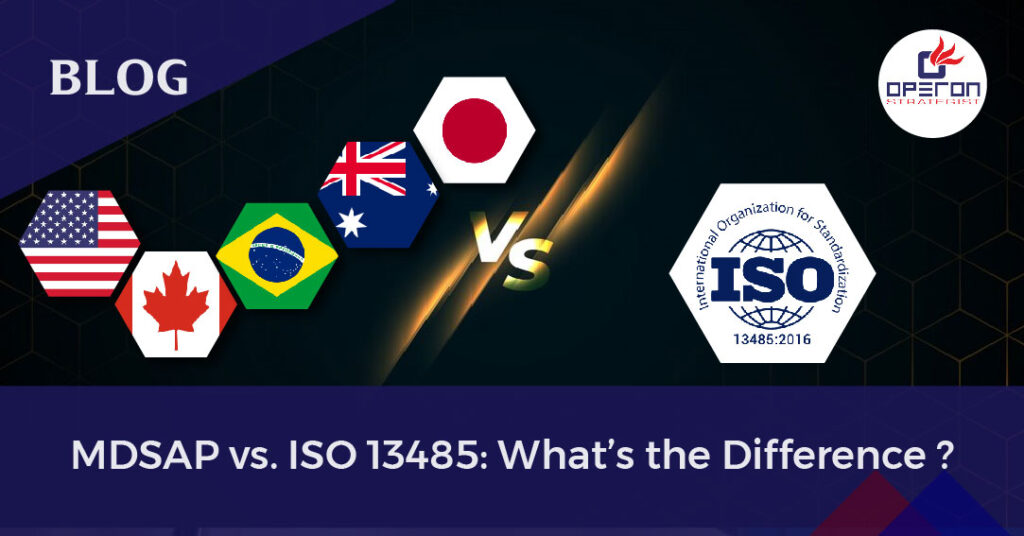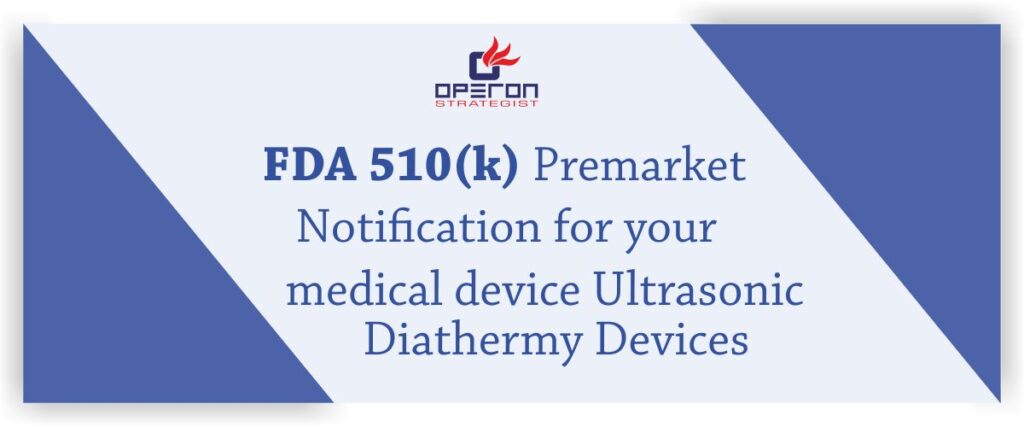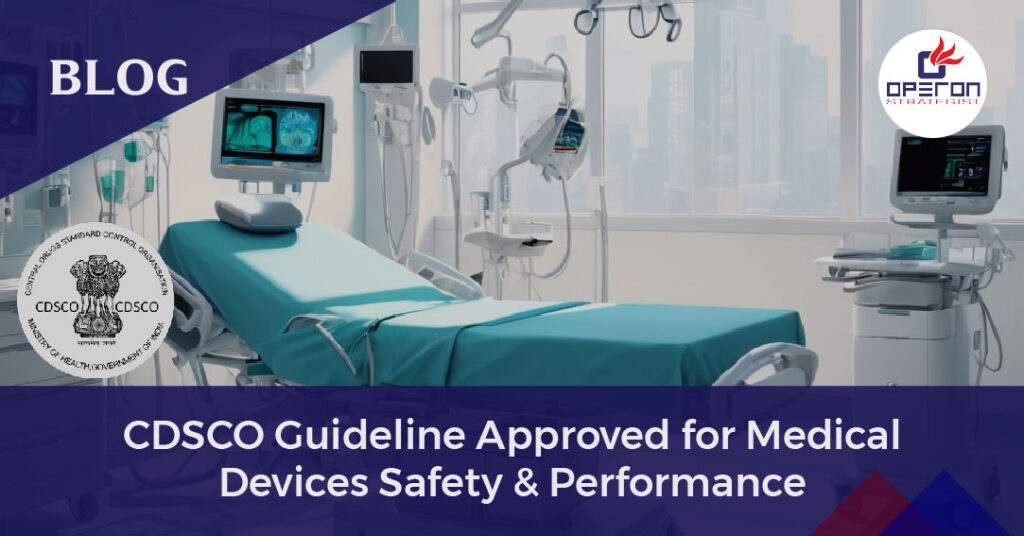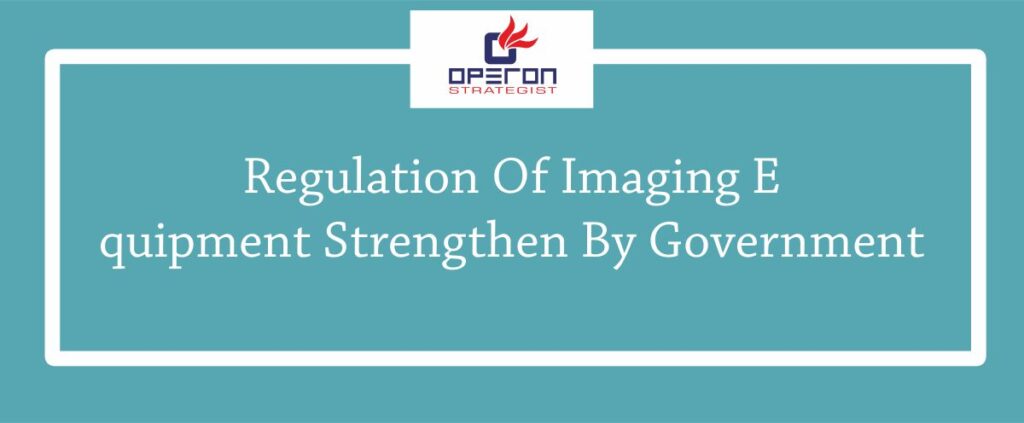Introduction to MDSAP vs. ISO 13485
In the highly regulated world of medical device manufacturing, ensuring the highest standards of quality and compliance is non-negotiable. Two key programs that play a vital role in this industry are the ISO 13485 and the Medical Device Single Audit Program (MDSAP). While they both aim to ensure that medical devices are safe and effective, they do so in different ways. In this blog, we’ll explore the fundamental differences between ISO 13485 and MDSAP, helping you understand their unique features and how they can benefit your organization.
Also, read our service pages:
Looking For a Medical Device Regulatory Consultant?
Let’s have a word about your next project
ISO 13485: The International Standard in Quality Management System
ISO 13485 is an internationally recognized standard designed specifically for the medical device industry. Developed by the International Organization for Standardization (ISO), it sets out the requirements for a quality management system (QMS) that consistently meets regulatory requirements and customer expectations.
Key Features of ISO 13485:
- Process-Based Approach: ISO 13485 emphasizes a process-based approach to quality management, ensuring that all processes are well-defined, controlled, and continuously improved.
- Risk Management: The standard integrates risk management into every stage of the product lifecycle, from design and development to production and post-market activities.
- Regulatory Compliance: ISO 13485 aligns with various regulatory requirements, making it easier for manufacturers to comply with global standards and regulations.
MDSAP: Streamlining Global Regulatory Audits
The Medical Device Single Audit Program (MDSAP) is a program that allows a single audit of a medical device manufacturer’s QMS to satisfy the requirements of multiple regulatory jurisdictions. This program is a collaboration between regulatory authorities from the USA, Canada, Japan, Brazil, and Australia.
Key Features of MDSAP:
- Single Comprehensive Audit: MDSAP enables a single audit that covers the regulatory requirements of all participating countries, significantly reducing the need for multiple audits.
- Regulatory Focus: The program ensures compliance with specific regulatory requirements of each participating country, providing a unified approach to regulatory audits.
- Stringent Audits: MDSAP audits are generally more rigorous and detailed, focusing on the thorough examination of the manufacturer’s adherence to regulatory standards.
Comparing ISO 13485 and MDSAP
| Aspect | ISO 13485 | MDSAP |
|---|---|---|
| Scope and Purpose | Primarily focuses on establishing a robust QMS for the design, production, and distribution of medical devices, ensuring they are safe and effective. | Aims to streamline regulatory audits by allowing a single audit to satisfy the requirements of multiple regulatory authorities, facilitating access to multiple markets. |
| Audit Process | Regular audits are conducted to ensure that the QMS meets the ISO 13485 standard. These audits focus on the overall quality management system. | Involves a single, comprehensive audit that covers the regulatory requirements of all participating countries, leading to longer and more detailed audits. |
| Certification | Certification indicates compliance with the ISO 13485 standard and is recognized globally, providing evidence of a robust QMS. | Certification under MDSAP demonstrates compliance with the regulatory requirements of the participating countries, but it does not replace ISO 13485 certification. |
| Regulatory Coverage | Provides a general framework for quality management applicable globally, but it does not cater to specific national regulations. | Specifically designed to meet the regulatory requirements of the USA, Canada, Japan, Brazil, and Australia, offering a unified approach to regulatory compliance. |
Conclusion:
Both ISO 13485 and MDSAP play crucial roles in the medical device industry, but they serve different purposes. ISO 13485 focuses on creating a robust quality management system that ensures the safety and effectiveness of medical devices. On the other hand, MDSAP streamlines regulatory audits across multiple countries, making it easier for manufacturers to comply with various national regulations through a single audit.
By understanding and implementing both standards, medical device manufacturers can ensure they meet the highest quality and regulatory requirements, enhancing their ability to compete in the global market.
Ensure Your Medical Device Compliance With Expert Guidance From Operon Strategist
Unlock Global Compliance with Operon Strategist
Navigating the complexities of ISO 13485 and MDSAP compliance can be challenging, but you don’t have to do it alone. At Operon Strategist, we specialize in guiding medical device manufacturers through every step of the compliance process. Our experts provide comprehensive support, from initial gap analysis to final certification, ensuring your quality management systems meet the highest standards.
Contact us today to learn how we can streamline your path to global compliance and enhance your market access. Let Operon Strategist be your trusted partner in achieving excellence in quality management and regulatory compliance.




